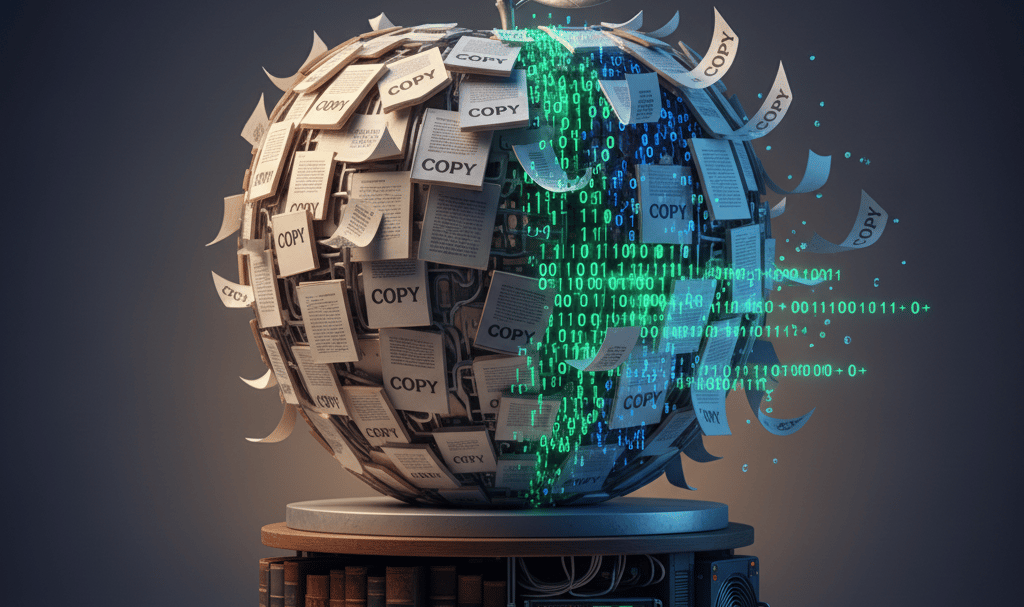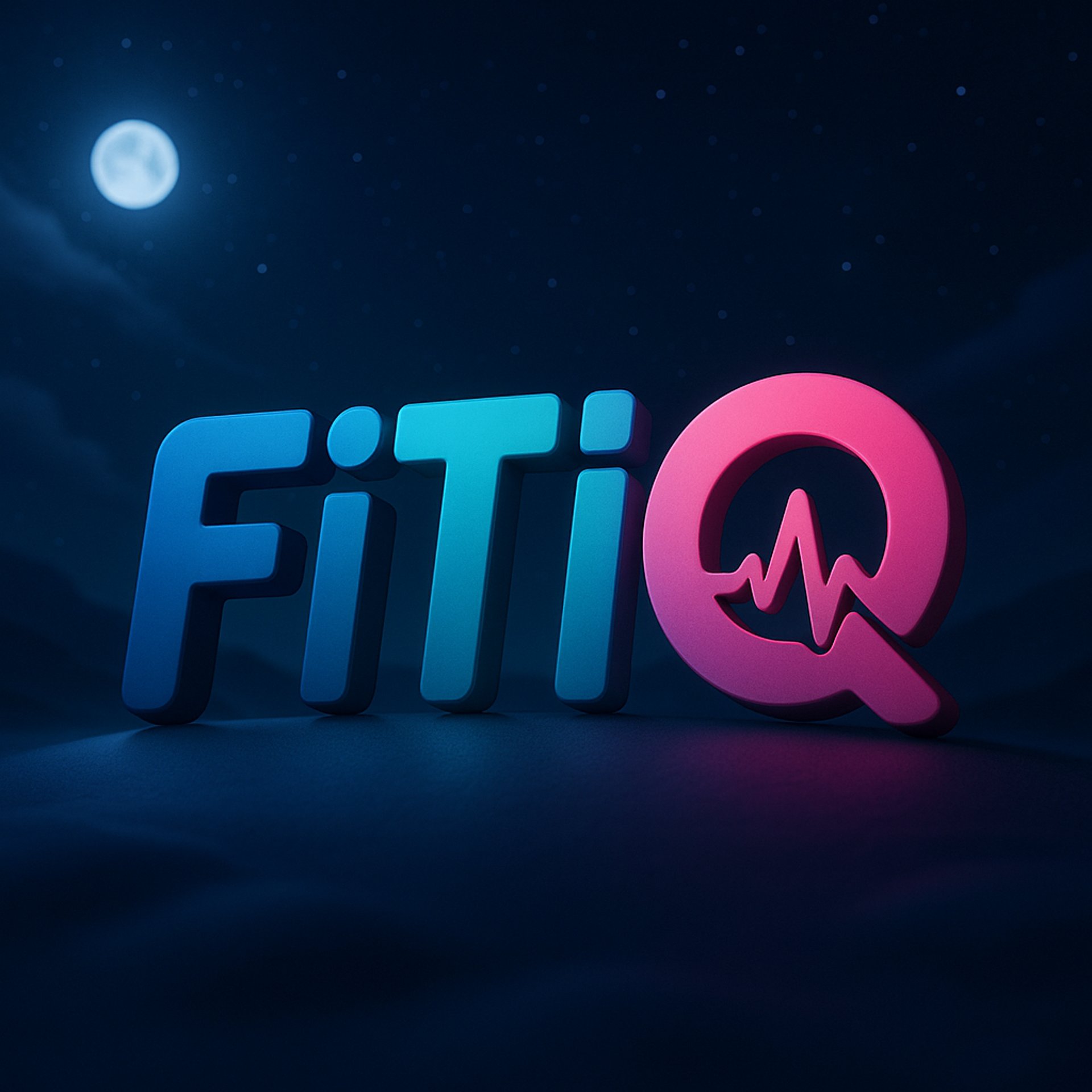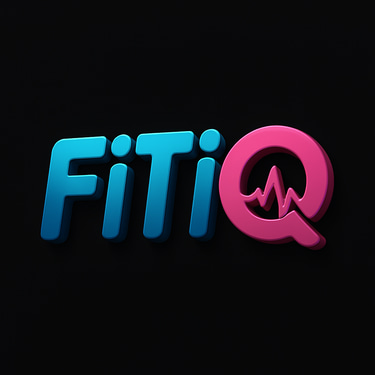"I Survived. I Lived. Then I Woke Up."
“Book Buffet”? Inside the Class-Action Lawsuit Claiming Apple Intelligence Trained on Pirated Novels
A new class-action suit alleges Apple trained “Apple Intelligence” on pirated books from shadow libraries like Books3. Here’s what’s in the complaint, why it matters, and how the AI–copyright fight could reshape your phone—and publishing.
WHAT'S NEW IN TECH
christopher j
10/21/20254 min read


The Case of the Hungry AI: Did Apple Intelligence Snack on Pirated Books?
Authors say Apple raided the literary pantry. Apple says… stay tuned. Here’s what the case could mean for your phone, your bookshelf, and the future of fair use.
What’s going on, in plain English
Two sets of plaintiffs have sued Apple in federal court, claiming the company trained its shiny new Apple Intelligence system (and related OpenELM models) on thousands of pirated books scraped from “shadow libraries”—with Books3 the star of the show. Early filings name authors like horror bestseller Grady Hendrix and fantasy author Jennifer Roberson; a fresh complaint from two SUNY neuroscientists says their books were in there too. The suits seek class-action status, damages, and an injunction. If true, it’s like teaching a robot to write by handing it your entire bookshelf… plus your neighbor’s “borrowed forever” EPUB stash. Reuters+2THE DECODER+2
Where the alleged pirated books came from
The complaints point to Books3—a corpus of around 196,000 books mirrored across the internet—long accused of being a one-stop shop for “try-before-you-buy-but-never-buy” copies. Plaintiffs say Apple tapped shadow libraries and other scraped sources to feed Apple Intelligence and the open-sourcey OpenELM models. That would place Apple in the same legal thunderdome already hosting cases against Meta, OpenAI, and others. THE DECODER+1
What Apple is accused of doing (and not doing)
According to the filings and coverage, Apple allegedly failed to obtain permission, pay licensing fees, or disclose training sources, while continuing to retain a private training-data library for future models. Translation: the plaintiffs think Apple treated copyrights like free samples at a supermarket, then kept the trays. Apple, as of the latest reports, hasn’t laid out a detailed public defense on the facts of these specific suits. Top Class Actions+1
The legal fault lines (a quick, no-latin tour)
Fair use: Tech companies often argue that training is “transformative”—the model learns patterns rather than storing books verbatim. Authors respond: the books are copied at scale to extract expressive content in the first place, which still requires permission. Courts are actively wrestling with this. In the Meta case brought by authors including Sarah Silverman, Meta has argued the training was fair use; no final tidy rule has emerged yet. Reuters
Data provenance and acquisition: Even if training could someday be fair use, obtaining the books from pirate sources is a separate problem. That distinction mattered in the big Anthropic case, where a judge preliminarily approved a $1.5B settlement with authors and publishers—partly because the books were allegedly obtained from pirate sites. That settlement doesn’t bind Apple, but it’s a neon sign that courts care where your data came from, not just what you did with it. AP News
Why this matters beyond the courtroom
For readers: If lawsuits succeed, AI features that summarize, rewrite, or co-write may get pricier or more limited, because licensed data costs money. But you may also see better attribution tools, opt-out dashboards, and visible “nutrition labels” for training data—features the industry badly needs.
For writers and publishers: This is about leverage. If courts insist on permission or compensation, authors get a seat at the AI table—and maybe a check. If companies win broad fair-use protection, expect a race to the biggest, cleanest datasets and more voluntary licensing marketplaces.
For Apple users: Apple Intelligence is pitched as privacy-first, on-device savvy, and tastefully non-chaotic. These lawsuits won’t turn your iPhone into a pumpkin, but they could affect future capabilities, disclosures, and the cost/pace of model updates—especially if an injunction or discovery reveals datasets that must be swapped out. Reuters
Where the cases stand right now
As of mid-October 2025, multiple complaints have been filed in the Northern District of California, including the Hendrix–Roberson case and the neuroscientists’ suit. Reports consistently describe the core allegation: Apple used pirated books (including works by the named plaintiffs) to train Apple Intelligence/OpenELM. Expect months of motions on fair use, data provenance, class certification, and discovery. Bring snacks; litigation calories don’t count. Reuters+1
The bigger plot twist: consistency
The industry’s mood has shifted. After the Anthropic settlement, companies face pressure to prove their data was clean—or pay to cleanse it. Apple, famous for “we control the whole stack,” now confronts the messiest layer of all: the cultural stack. Meanwhile, authors aren’t just mad; they’re organized. That combination suggests we’re heading toward either standardized licensing schemes or court-forced transparency—probably both. AP News
A note on evidence and receipts
Media outlets covering the complaints include Reuters, Engadget, AppleInsider, and IPWatchdog. They cite filings that name specific books and identify Books3/shadow libraries as sources. As discovery unfolds, the crucial questions will be: Which datasets, exactly? What vetting? And what internal policies governed “don’t-use-that” signals? Those answers decide whether this is a storm in a teacup—or a data provenance hurricane. IPWatchdog+3Reuters+3Engadget+3
Bottom line
The suits aim to draw a bright line: consent or compensation (or both) for book training. Apple aims to ship delightful AI features without stepping on rakes. The law is catching up, creaky but determined. However this shakes out, expect more transparency, more licensing, and fewer “mystery meat” datasets in mainstream AI.
Healthy habit tie-in (yes, really)
Recovery—physical, mental, or creative—thrives on transparency, boundaries, and consistent practice. That’s true for people and for tech. The recovery story behind FITI IQ Devs is about rebuilding with intention and respect for limits. AI needs the same: clear consent, fair compensation, and routines that don’t cut corners. Keep your curiosity in training too—follow the case, read widely, and question where your tools learned their tricks. Staying mentally fit means tracking the trends that will shape your daily tech, your job, and—if you’re a writer—your paycheck.

Do you have a life changing story and want to help others with your experience and inspiration. Please DM me or Send me an email at the links below
Contact Me
© 2025. All rights reserved.
Privacy Policy
